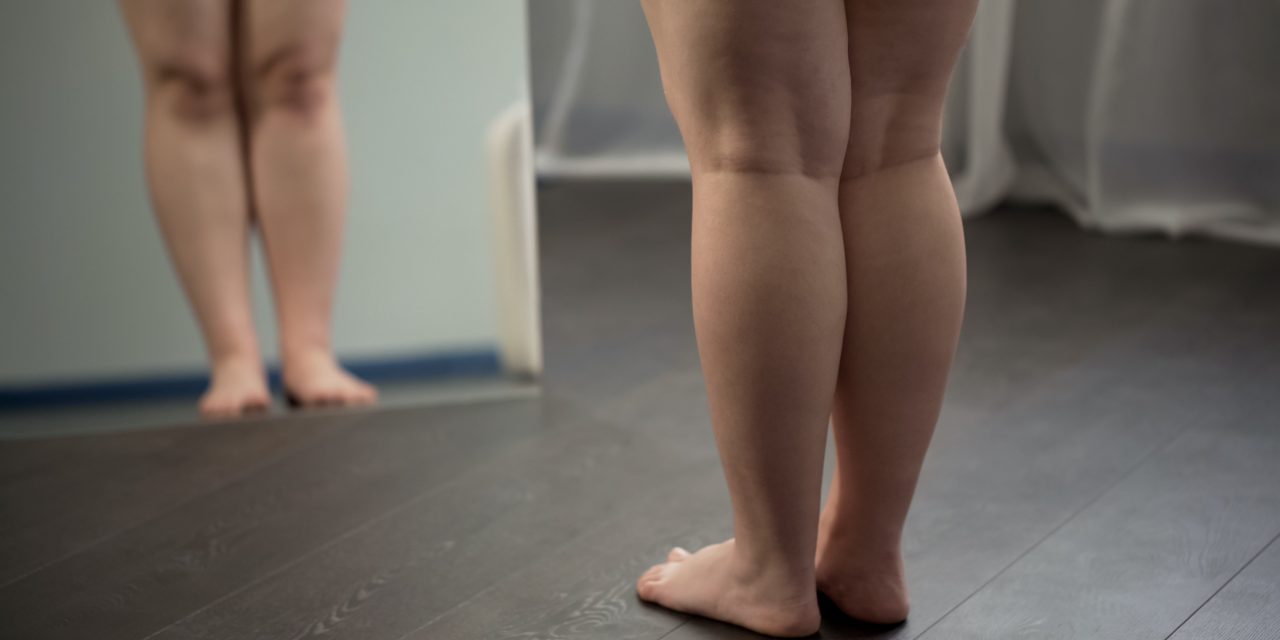Here’s something you probably don’t want this Christmas: more belly fat. We all know that being overweight or obese isn’t a good thing, but it affects more than just our health. But what exactly is a healthy or ideal body weight and why is it so important to maintain?
First, let’s look at the physical aspects of weighing more than we should. Being overweight or obese increases our risk for a multitude of unwanted physical conditions such as:
- Osteoarthritis
- Diabetes
- Heart Disease
- Sleep Apnea
- High Cholesterol
- Fatty Liver
- Gallstones
- Cancer (breast, colon, rectum, endometrium, and kidney)
- Not to mention a lack of energy.
Ideal Body Weight
One way we can assess whether or not we are maintaining a healthy weight is to look at something called ‘ideal body weight’ (IBW). The nice thing about this measure is that it’s fairly simple to calculate. Just use the following formula.
For men, my ideal body weight should be:
IBW = 50 kg + 2.3 kg for each inch over 5 feet.
OR
110 pounds + 5 pounds for every inch over 5 feet.
For women, my ideal body weight should be:
IBW = 45.5 kg + 2.3 kg for each inch over 5 feet.
OR
100 pounds + 5 pounds for every inch over 5 feet.
Body Fat Percentage
Another important calculation when we are talking about having a healthy body weight is Body Fat Percentage. There are many different ways to measure our percentage of body fat, I prefer using calipers or a simple tape measure. There are many internet sites that will guide you on how to use these tools to calculate your body-fat percentage. They’re not all the most accurate, but they’ll give you a basic idea.
Body fat percentage is different than BMI, which is calculated every time we go to the doctor. BMI will only let us now our weight relative to the ‘standard’—in other words: underweight, normal, or overweight. The downfall of the BMI is that it is not gender specific nor does it take into account our body composition, that is, muscle versus fat.
The Naked Truth
Personally, I like something simpler than all of them . . . it’s called a mirror.
When I look at myself in a full-length mirror, clothes off, I don’t need calipers, a tape measure, or even a scale. I simply need my eyesight and self-honesty. And that’s when it hits me. Looking in a full-length mirror without my clothes on lets me know that maintaining my ‘ideal’ body weight affects more than just increasing my risk of certain unwanted physical issues. It also increases my risk of having unwanted head issues such as:
- a lower self-confidence
- greater indecisiveness
- less enthusiasm for social interaction
- depression
- an overall lower self-value
I have been a healthy weight, and I have been an unhealthy weight. I can assure you from personal experience that the effect our weight has on our heads can be just as damaging as the potential physical concerns. After all, it’s hard for either one of them to be healthy independent of the other. I’ve found this to be true: the more content I am, the better I will treat my body. Likewsie the healthier my body, the more content I will be.
I know this time of the year can be challenging. Let’s face it: from the end of October to New Year’s we’re bombarded with a variety of indulgences, many of which can be detrimental to our health and our weight. That doesn’t mean we can’t enjoy the holidays, we just need to remain mindful of how we choose to do so.
So when we’re considering what we want and don’t want for Christmas this year, let’s keep purchasing larger sized clothing on the don’t want list and keep living our value one choice at a time on the do want list.










